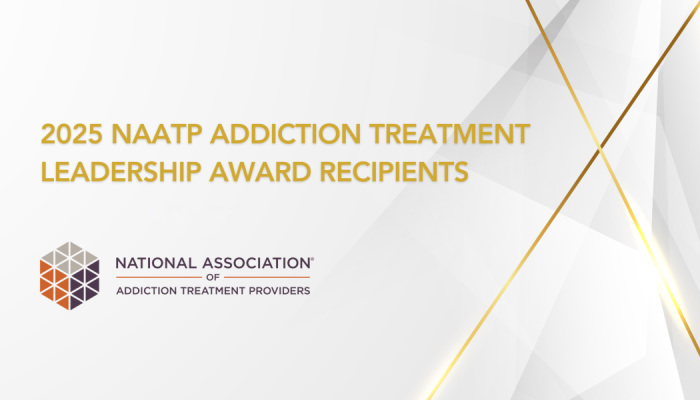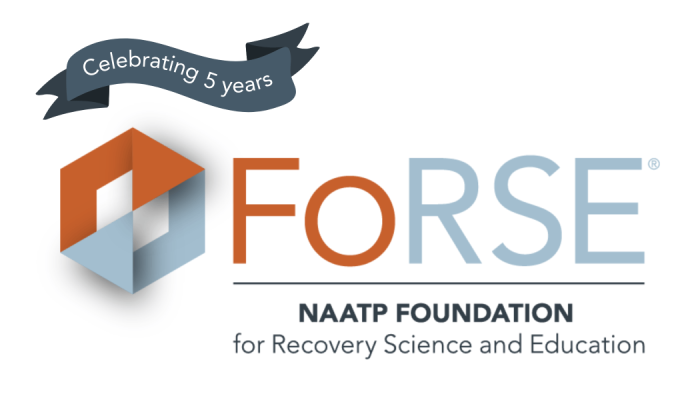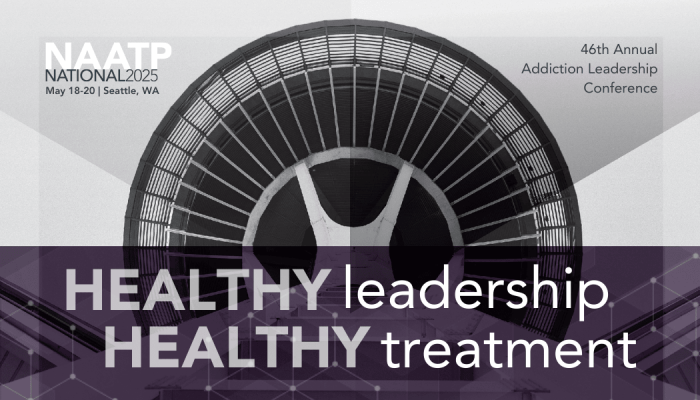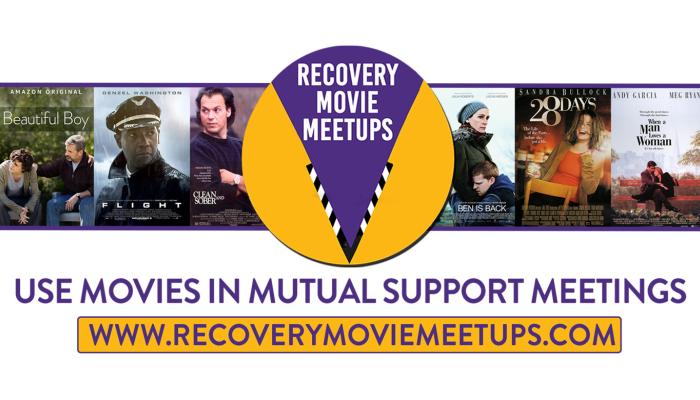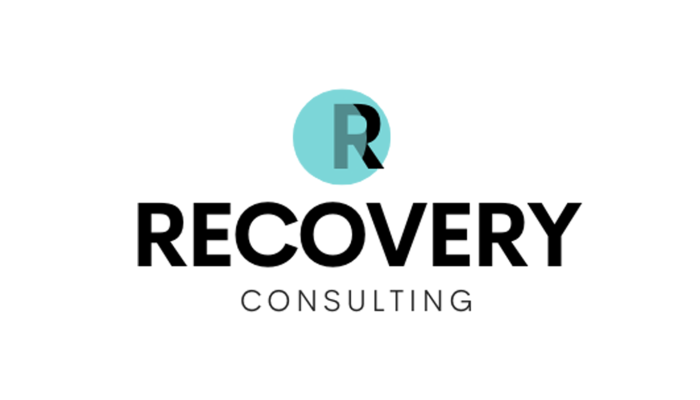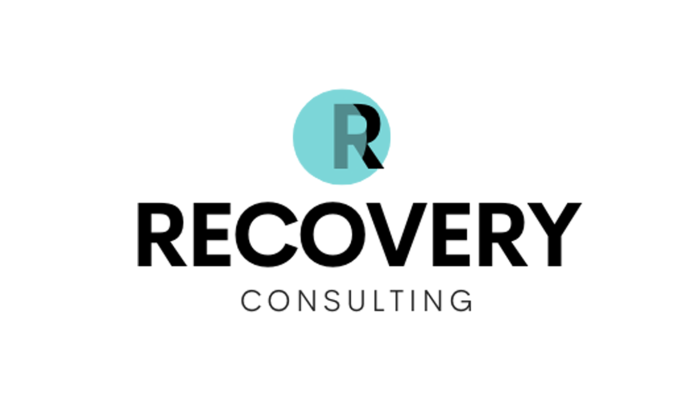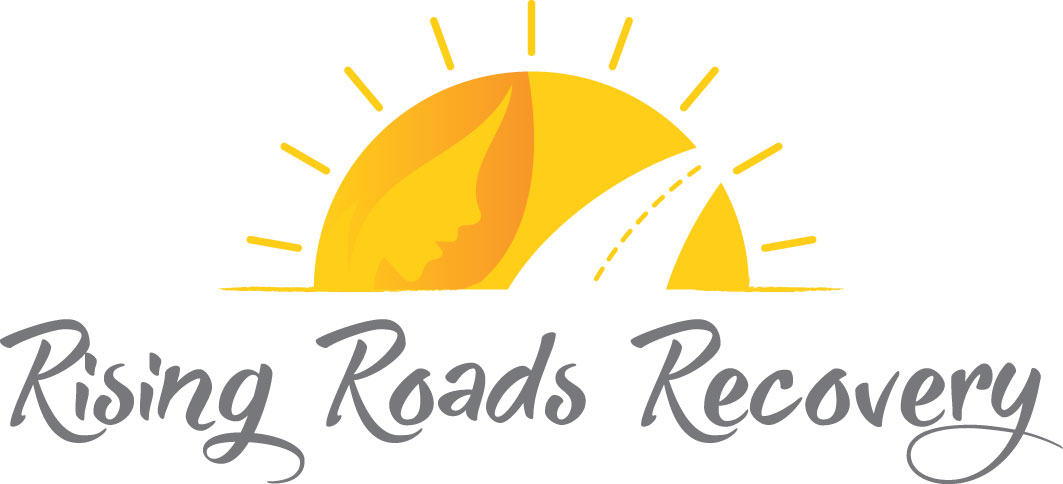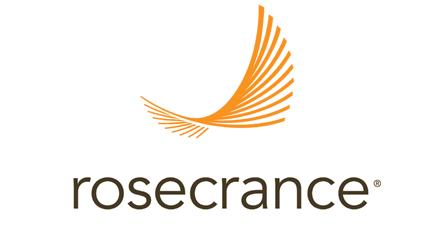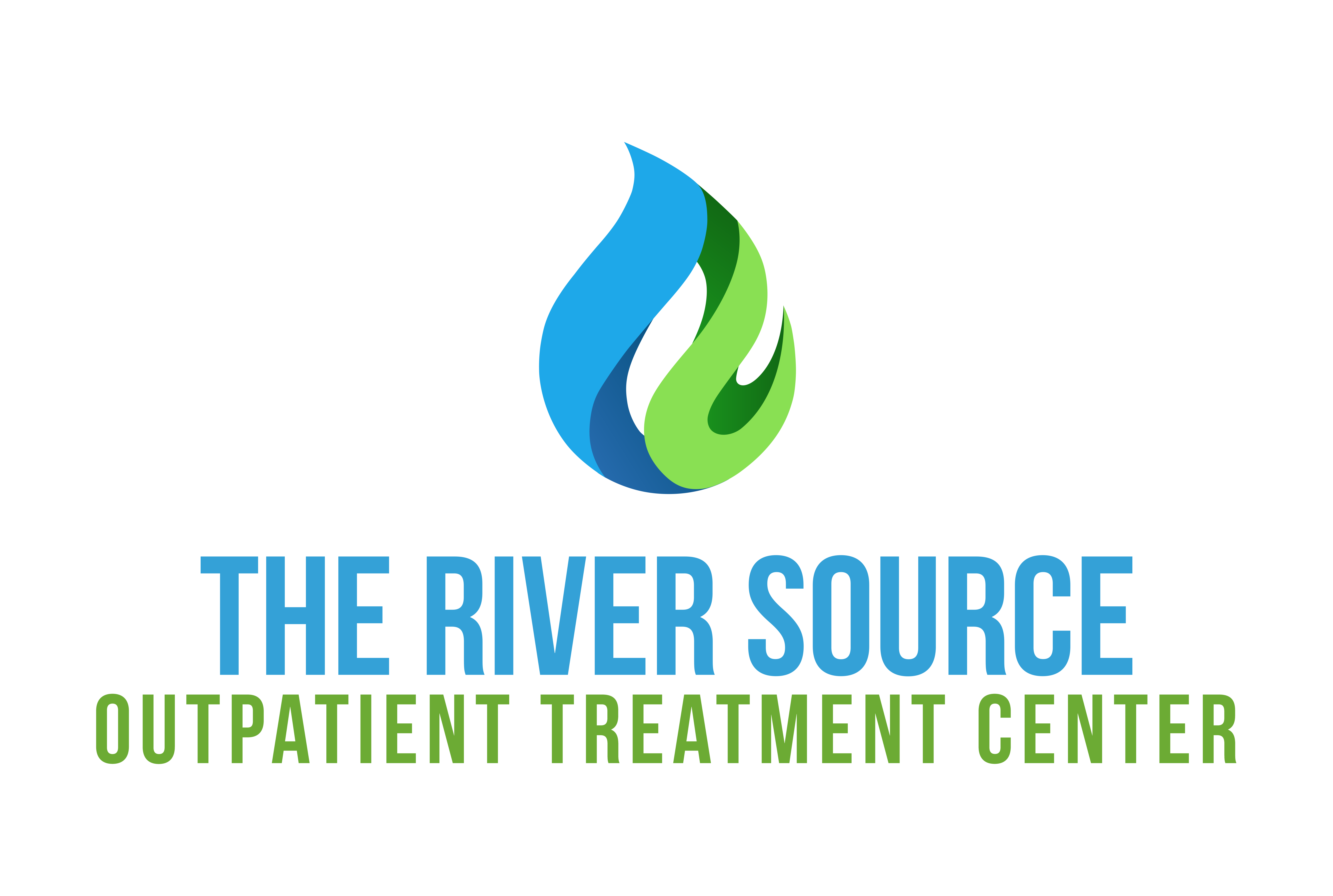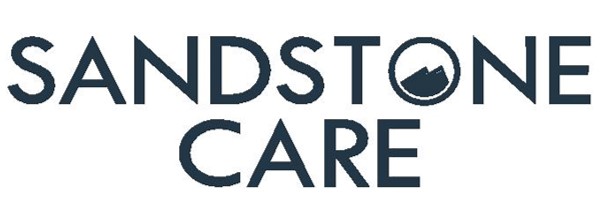Selecting an addiction treatment center for yourself or a loved one can be a complex process. It can be challenging to differentiate high quality treatment services from more suspect organizations. When seeking treatment for substance use disorders, it is vital that consumers know what to look for in a rehab provider.
Reputable facilities who demonstrate continued dedication to improved outcomes and patient care may earn accolades and associations that signify this. Accreditations, licenses, and affiliations serve as indicators of treatment center quality.
Accrediting Bodies
CARF
The Commission on Accreditation of Rehabilitation Facilities, abbreviated as CARF, is an independent, nonprofit organization devoted to advancing the quality of rehabilitation services, from substance use treatment to retirement living. Their accreditation process is exceptionally rigorous, and includes a consultation with a designated CARF resource specialist, a detailed self-evaluation, and a survey from CARF’s hand-selected team. Surveyors are chosen by their relevant experience and conduct an onsite inspection to determine providers’ adherence to all applicable standards. Based on their findings, CARF then renders an accreditation decision: three-year, one-year, provisional, or non-accreditation.
After receiving accreditation, treatment centers must submit a Quality Improvement Plan and Annual Conformance to Quality Report. This demonstrates a continued commitment to high caliber treatment and improved patient outcomes.
The Joint Commission
The Joint Commission on the Accreditation of Healthcare Organizations (Joint Commission) is a not-for-profit, independent organization responsible for the accreditation and certification of over 21,000 health care programs nationwide. The Joint Commission’s standards for behavioral health care providers are developed by experts and informed by scientific data and industry best practices. After accreditation is earned, it must be continually maintained.
Areas of evaluation include the environment of care, leadership, continuing education, care, evidence-based treatment, services, medication safety, assessment, consumer rights, background checks, and screening procedures.
Certifying Bodies
State Licensing (Clinical Certification)
In the past, drug and alcohol rehabilitation facilities were permitted to create their own standards of treatment. This changed in the year 1970 when states created a State Alcohol Authority and a Single State Authority for drug misuse. These organizations oversaw care provided throughout the state and crafted operating standards to ensure quality treatment. Because each state has unique standards, the path to licensure varies by physical location. Receiving a license to operate is required for many states, while others make the process completely voluntary. For this reason, consumers should be wary if a center has made no effort to apply for state licensure.
Licensing requirements generally include:
- A formalized intake process for each new applicant
- Proof of liability insurance
- Certificate of occupancy
- Fire safety inspections
- Operational plans for the facility
- Food safety inspections
- Americans with Disabilities Act compliance
- Electrical, water, and other utility inspections
- Qualifications to distribute medications on-site, if applicable
- Licensure and certification of qualifying staff members
In order to achieve licensure, facilities must adhere to building codes and fire laws, provide proof of ownership and insurance, and create an organizational chart. They may also be required to provide detailed accounts of treatment practices and staffing allocations. For specific information, view the list of State Counselor Licensure Boards and State Licensing Agencies.
LegitScript (Marketing Certification)
Any website or application that provides information about in-person addiction treatment, mutual support groups, or crisis hotlines must receive LegitScript certification in order to run ads on all major digital platforms. Founded in 2007, LegitScript currently monitors over 2.3 million websites and merchants. Their certification service for drug and alcohol addiction treatment providers is the only one accepted by Google, Bing, and Facebook, and is considered necessary after numerous deceptive and misleading ads resulted in Google’s suspension of addiction treatment advertising on the platform.
Recovery residences, non-clinical environments, and lead generators are not eligible for certification. Once a facility receives LegitScript’s approval, ongoing monitoring is required. Steps to LegitScript certification include passing criminal background checks, providing proof of licensure, showing proof of insurance, and submitting written policies and procedures demonstrating a commitment to industry best practices. Once these standards have been met, treatment centers may advertise their recovery services online.
Affiliations
NAATP
The National Association of Addiction Treatment Providers (NAATP) is a nonprofit professional society of top treatment providers throughout the continuum of care, which provides clinical and operational resources as well as law and policy advocacy to its members. NAATP’s service as a convening body brings the industry together to promote collegiality and best practices. With founding purposes to provide industry leadership and support the addiction treatment provider, NAATP membership carries many benefits. Members receive education and training opportunities, networking opportunities, awards and recognition, and industry-wide outcomes data.
In order to become a member of NAATP, applicants must apply and attest that they agree to the NAATP Values, Membership Conditions, and NAATP Code of Ethics. If there is a failure to adhere to these values, disciplinary action may include denial of application or revocation of membership.




